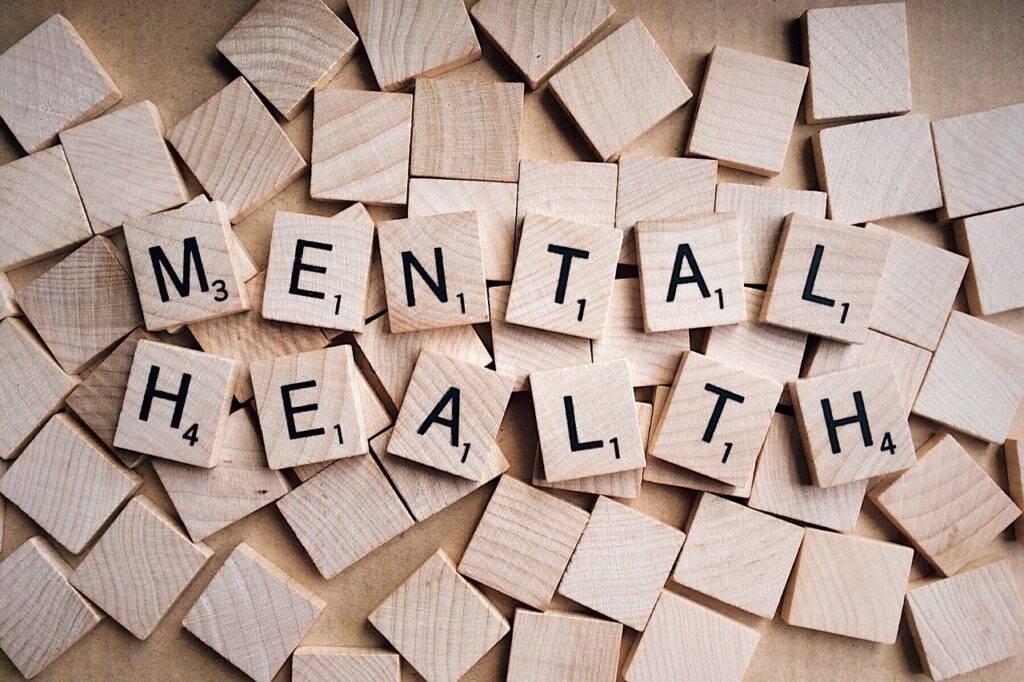The importance of mental health
Mental health is not just the absence of mental illness; it is a state of well-being in which an individual can cope with the demands of daily life, work productively, and contribute to their community. A healthy mind is the foundation for a fulfilling and balanced life. When our mental health is compromised, it can have a profound impact on our physical health, relationships, and overall quality of life.
Common mental health disorders
Mental health disorders can take many forms, ranging from depression and anxiety to bipolar disorder, schizophrenia, and post-traumatic stress disorder. These conditions can manifest in a variety of ways, and it is crucial to understand their symptoms and impact to seek the appropriate support and treatment.
Signs and symptoms of poor mental health
Recognizing the signs and symptoms of poor mental health is the first step towards addressing the issue. These may include persistent feelings of sadness or hopelessness, excessive worry or anxiety, changes in sleep patterns, difficulty concentrating, and a general sense of disengagement from daily activities. It is important to pay attention to these warning signs and seek help when necessary.
The impact of mental health on overall well-being
The connection between mental health and overall well-being is undeniable. When our mental health is compromised, it can have a cascading effect on our physical health, relationships, and even our ability to achieve our goals. Addressing mental health issues proactively can lead to improved physical health, stronger social connections, and a greater sense of purpose and fulfillment.
Strategies for maintaining good mental health
Maintaining good mental health is an ongoing journey, and it requires a multifaceted approach. Some effective strategies include:
- Practicing mindfulness and meditation
- Engaging in regular physical activity
- Prioritizing a healthy sleep routine
- Nurturing social connections and seeking support from loved ones
- Exploring creative outlets and hobbies
- Adopting a balanced and nutritious diet
- Incorporating relaxation techniques, such as deep breathing or yoga
Seeking professional help for mental health issues
While self-care strategies can be highly beneficial, there may be times when seeking professional help is necessary. Mental health professionals, such as therapists, counselors, and psychiatrists, can provide personalized support and evidence-based treatments to address more complex or persistent mental health concerns.
Breaking the stigma surrounding mental health
One of the biggest barriers to seeking help for mental health issues is the persistent stigma that surrounds them. It is crucial to break down these stigmas and normalize the conversation around mental health. By fostering open and compassionate dialogues, we can create a more supportive and understanding environment for those in need.
Resources and organizations for mental health support
Numerous organizations and resources are available to provide support, information, and guidance for individuals and their loved ones who are navigating mental health challenges. Some examples include:
- National Alliance on Mental Illness (NAMI)
- American Psychological Association (APA)
- Substance Abuse and Mental Health Services Administration (SAMHSA)
- Local community mental health centers and support groups


